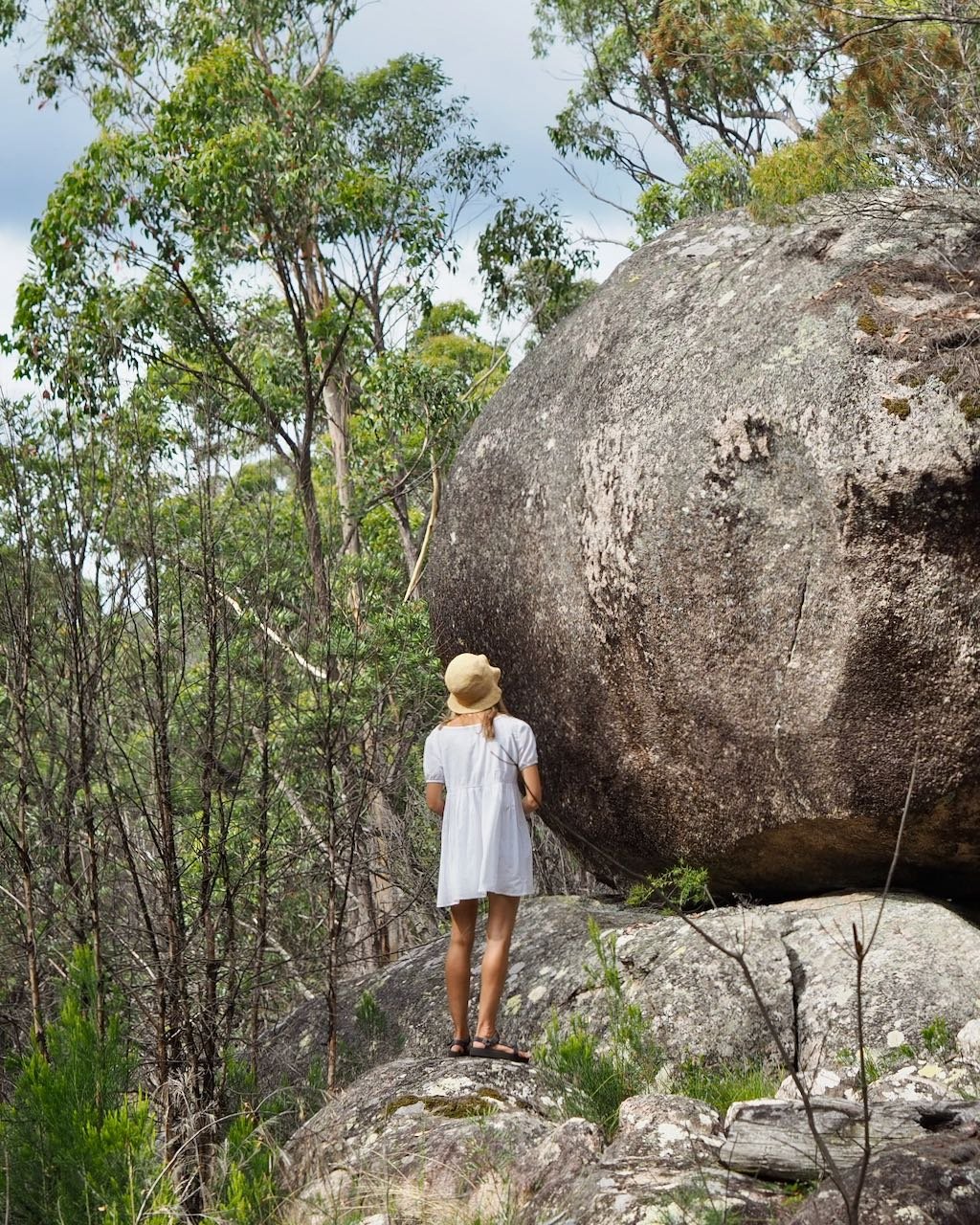WHAT IS SUSTAINABLE TRAVEL?: THE BIG ISSUE UK
And just like that, we’re on the road again. The world has reopened, and travellers are making up for lost time, funnelling pent-up travel angst into once-in-a-lifetime trips.
This is a fantastic boost for the bruised travel industry, which accounts for one in 10 jobs worldwide. But considering travel is also responsible for about eight percent of the world’s carbon emissions, and that the latest Intergovernmental Panel on Climate Change (IPCC) report delivered the blaring message that we have not a day to waste when it comes to curbing global emissions, it’s clear that there won’t be a world worth seeing in years to come, if we don’t start seeing it the right way now.
But what is the ‘right way’? How do we travel more responsibly and sustainably - in a way that doesn’t further degrade the planet, and perhaps even rejuvenates it?
LESS BUT BETTER
The most obvious place to start is to take a ‘less but better’ approach, travelling less often but for longer periods of time. Also questioning, before booking that next long-haul flight, whether there’s somewhere closer to home that might provide the same stimulation, expansion and perspective.
Fewer flights equals less carbon emissions, an important consideration in light of the fact that international arrivals went from 70 million in 1960 to about 1.4 billion today, a figure expected to reach three billion by 2050. The ‘less but better’ attitude also leaves us more satisfied, since we have time to develop a more meaningful and reciprocal relationship to the people and places we visit.
CHOOSE LOCAL
Speaking of reciprocity, one of the simplest ways to give back to local communities is to put as many of our travel dollars into the pockets of locals as possible. According to the UN’s World Tourism Organisation, just five percent of money spent by tourists actually stays in the local community, with the rest ending up in the hands of multinational corporations. We can change that, by making sure we’re staying in locally owned hotels, eating in locally owned restaurants, employing local indigenous guides and buying locally made handicrafts.
NATURE FIRST
By surrounding ourselves with flourishing natural environments, by prioritising hiking and biking trips, camping adventures and sailing journeys, we’re allowing ourselves to feel awe for our planet. Research tells us this feeling of awe tends to make us kinder and more generous, and encourages us to forgo our personal interests for those of others and the world. Exactly what’s needed at this crucial moment in time.
Choosing travel companies and hotels with a commitment to conservation, or who fund conservation initiatives, is another way to protect the natural world while travelling. Seeking out rewilding or citizen-science trips takes this one step further, since guests can participate in projects that restore environments and bolster populations of endangered species, often alongside local scientists and researchers.
If you’re reading this and thinking: we just lost two precious travel years, let’s not make this harder than it needs to be, then please think again. Only six percent of the world’s population has ever set foot on a plane. That’s right, six. It’s imperative to remember what a privilege travel really is, and to go about it in a way that’s as nurturing for the places we visit, as it is for us.
This story first appeared in print below.


